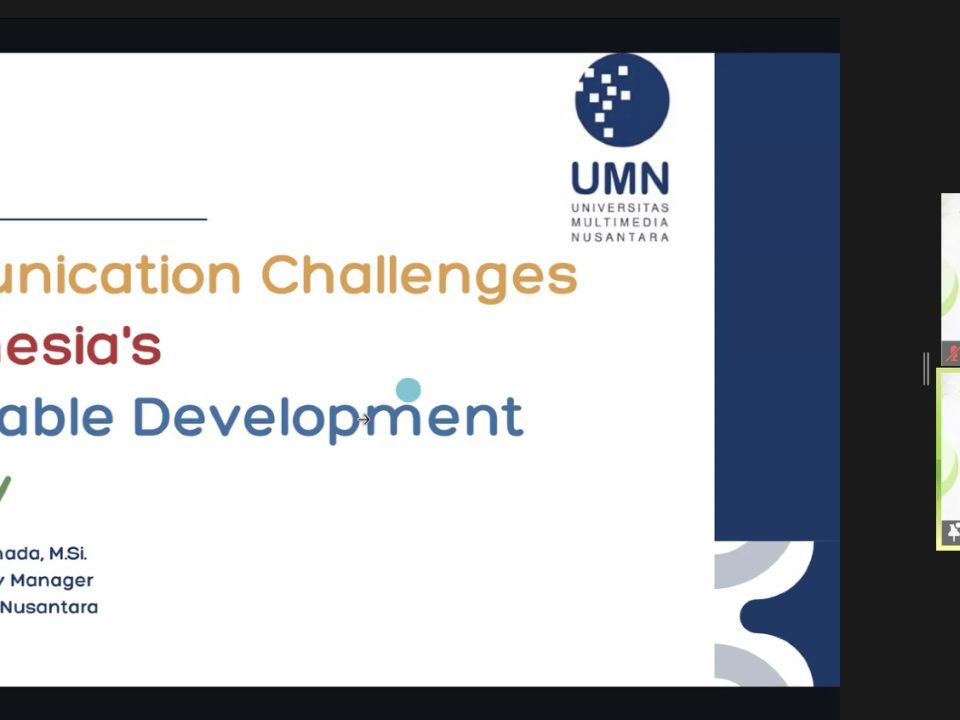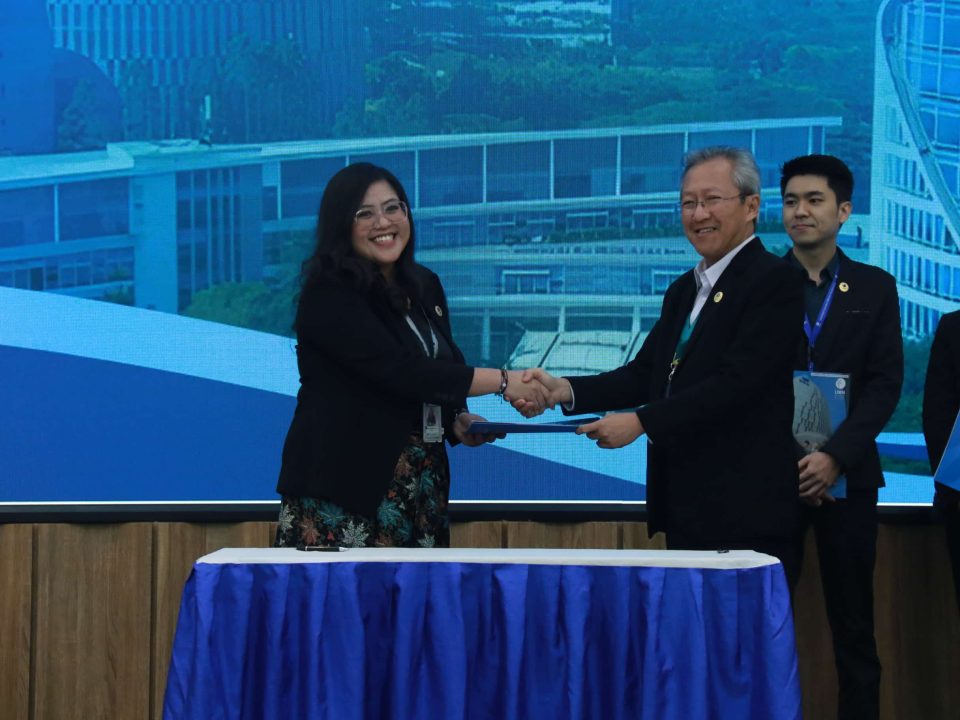
Copywriting vs OpenAI: What You Should Know!
August 28, 2023
KAMI UMN Contributes Again to the Faculty of Art and Design
August 28, 2023
Illustration of college students and their campus organization friends. (Source: Unsplash/Samantha Gades)
Joining a campus student organization is one of the most beneficial activities for college students outside the classroom. Apart from enhancing the overall college experience, joining campus organizations has various benefits that can help students improve themselves academically, professionally, and personally.
Without further ado, this article will discuss 5 benefits of being active in campus organizations for college students.
1. Personal Growth and Development
Joining campus organizations can provide opportunities for development and advancement on a personal level. It allows students to discover hidden abilities, pursue new hobbies, and broaden their horizons.
Learning to be a Leader
College students can gain important leadership skills such as decision-making, delegation, and conflict resolution by taking on a leadership role in one of the many organizations that provide them. The ability to manage and inspire a team will be strengthened by taking on a leadership role.
Connections
Joining a campus organization is a simple and quick way to make friends. Starting college can be intimidating, but getting involved in student organizations can help you adjust. Consider joining a student organization that shares your interests.
That way, you can meet friends from different majors and classes with similar interests. Developing a solid network of peers and mentors can lead to lasting friendships, rewarding connections, and prospective career prospects.
Also read: 5 Skills You Will Get in The Digital Journalism Major.
2. Academic Enhancement
Contrary to popular belief, being active in student organizations can improve your academic life.
Better Time Management
Being a member of an organization requires students to manage their time efficiently, as you have to balance extracurricular activities and academic obligations. This encourages discipline and helps form productive study habits.
Improved Communication and Collaboration Skills
Cooperation and collaboration are essential in many businesses to achieve a common goal. Effective communication, conflict resolution, and the capacity to collaborate successfully with diverse groups of people are nurtured through this experience; these abilities are beneficial for group projects in the classroom and in the future.
Application of Classroom Knowledge
Students can apply principles and theories learned in class to real-world situations by joining campus organizations. Organizations offer an environment for experiential learning and practical application of academic information, whether through case competitions, research initiatives, or the use of practical skills.
For example, journalism students can join the campus news community to create news about campus activities– applying the journalistic news-making skills they learn in class.

Illustration of journalism students in a campus radio organization. (Source: Unsplash/Paolo Nicollelo)
3. Professional Development and Career Opportunities
Students’ professional development can be significantly helped by active participation in campus organizations, which can also lead to exciting job opportunities.
Skill Development
Campus organizations provide an ideal environment to acquire transferable skills for students highly valued by the industry.
These include qualities such as leadership, cooperation, communication, flexibility, and critical thinking. Participating in groups allows students to demonstrate and hone these abilities, making them competitive applicants in the job market.
Networking and Mentoring
As discussed earlier, joining campus organizations can introduce students to various industry experts, professionals, and alumni who can offer direction, guidance, and possible career leads. Internships, work-study possibilities, and helpful industry connections can all be obtained by networking within organizations.
Career Exploration
Students can gain insight into various career paths by joining organizations within their field of interest. College students can explore different job options and make decisions about their future by attending industry events, guest speakers, workshops, and industry conferences sponsored by organizations.
4. Social Impact and Community Engagement
Organizations often offer opportunities for social impact projects and volunteer opportunities. Students can contribute to society, make a difference, and gain a sense of social responsibility by participating in these activities.
Volunteering and Philanthropy
Volunteer programs, fundraising activities, and community outreach initiatives are all organized by various campus organizations. Students can support issues they care about and positively impact society by participating in these events.
Advocacy and Awareness
Students can spread awareness, educate others, and promote good change by joining groups dedicated to specific social issues or causes. They also participate in movements that address social, environmental, or humanitarian issues through campaigns, events, or projects.
Also read: How to Maximize Your Linkedin Profile to Attract Recruiters.
Conclusions
There are many benefits to joining campus organizations while in college that go beyond the classroom. The college experience can be shaped by the opportunities provided by organizations for personal development, academic improvement, career development, and social influence.
Do you want to study at a campus with exciting and accomplished communities and organizations? Check out Multimedia Nusantara University (UMN).
By Levina Chrestella Theodora
English translation by Levina Chrestella Theodora
Kuliah di Jakarta untuk jurusan program studi Informatika| Sistem Informasi | Teknik Komputer | Teknik Elektro | Teknik Fisika | Akuntansi | Manajemen| Komunikasi Strategis | Jurnalistik | Desain Komunikasi Visual | Film dan Animasi | Arsitektur | D3 Perhotelan , di Universitas Multimedia Nusantara. www.umn.ac.id





